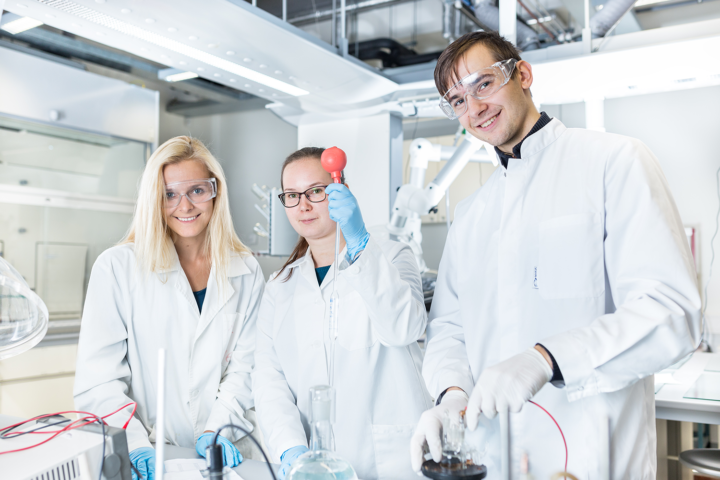PhD in wood chemistry and bioprocessing
Contemporary wood chemistry and bioprocessing allows local bio-resources to be valorized into final products with great additional value, but this has yet to gain ground in Estonia. The doctoral projects will be carried out at the Wood Chemistry and Bioprocessing Core Laboratory, and are mainly focused on chemical and biotechnological valorization technologies for wood and biomass and optimizing industrial processes. Every project will be designed in close cooperation with an Estonian company in order to develop a marketable final product. We see wood valorization in innovative value chains as a clear priority and we are prepared to take real steps to facilitate cooperation with companies via applied research. The program is also a good opportunity to include the latest results of world-class research in product development at an early stage, and thus increase competitiveness on the market for innovative materials. Companies which are interested in such doctoral are always welcome, it is an opportunity to accomplish two tasks: to conduct research that is necessary for product development, and to train leading specialists who match the company’s profile. We are also planning to cooperate with the labs of TalTech and the Estonian University of Life Sciences in order to expand its technological and scientific capabilities.
Master’s program in bioengineering
Bioengineering supports the fast-growing fields of industrial biotechnology and circular bioeconomy that are expected to become the key solutions for the humanity’s goal to achieve biosustainability of our planet. There is also a growing need for specialists in bioengineering as industrial biotechnology, biomass valorization, and synthetic biology will be the basis of industrial revolution of the 21-st century. The master’s program in bioengineering is an interdisciplinary curriculum which combines different fields of applied biotechnology, synthetic biology, wood chemistry, engineering and information technology. The main aim of the program is to educate specialists with skills and knowledge that will help them to find jobs and contribute to the success of various companies working on the field. The curriculum emphasizes practical training, and provides internships in various companies that are active in the fields of biotechnology.
Bachelor’s programme in Science and Technology
The interdisciplinary curriculum “Science & Technology” has become a successful international program, and led by program director Ilona Faustova and prof. Mart Loog in close collaboration with the molecular biology and engineering laboratories within the Faculty and the Estonian Centre for Synthetic Biology (ECSB). The three-year Bachelor’s program includes innovative content and provides a broad overview of natural and exact sciences and technologies with the aim to combine different inter-disciplinary fields of synthetic biology, genetics, chemistry, material science, engineering. Students can choose to pursue a combined specialization in:
- genetics and biotechnology
- bioengineering and robotics
- chemistry and materials science.
The interdisciplinary approach of combining biology, chemistry and engineering has been immensely successful. We have students from over 30 countries and hundreds of applications are received each year. The graduated students can later continue with masters and Ph.D curricula offered in the fields of their specialization choices made at bachelor level.

